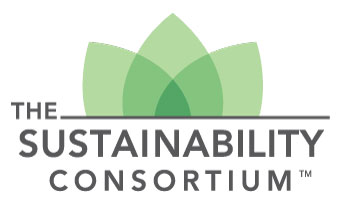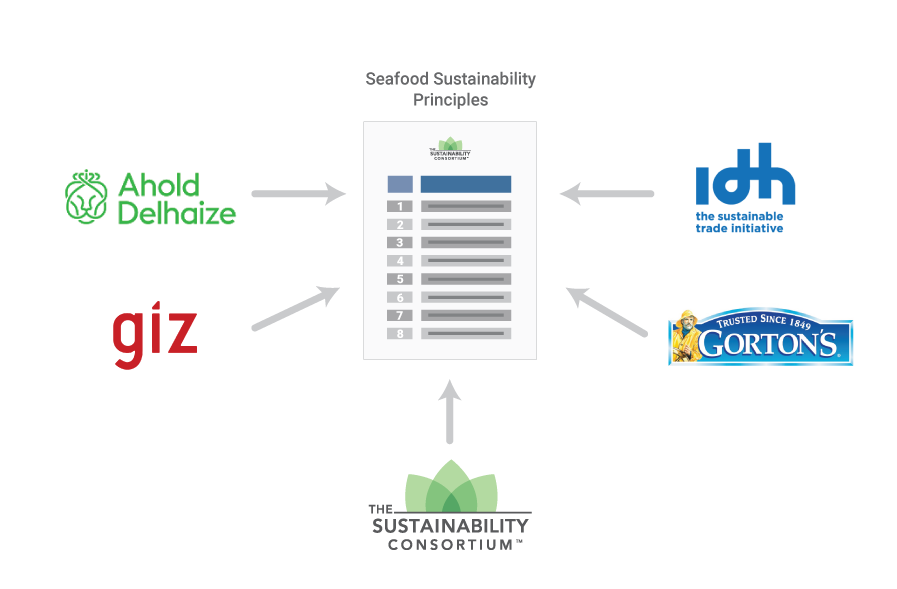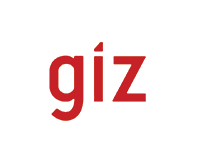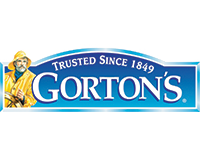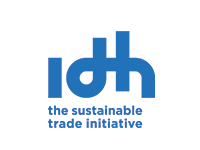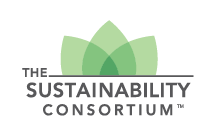CASE STUDIES
The Story
Walmart had stated in the summer of 2013 that all seafood sold in Walmart stores would be MSC certified or equivalent. This announcement left the seafood industry confused about which of the many certifications would be considered “equivalent”. Walmart turned to TSC to help create a stakeholder supported solution for establishing equivalency between ecolabels and certifications in seafood.
A team of companies such as Royal Ahold, GIZ, IDH, Gorton’s and others worked together to create the Seafood Sustainability Principles. This project convened organizations that don’t often communicate. In order to establish common ground between these groups, ISEAL, ISO, and FAO guidelines were all cited in the development of the principles, demonstrating that there is commonality between the systems.
The diverse group of stakeholders, including such organizations as MSC, New England Aquarium, Royal Ahold, Sustainable Fisheries Partnership, Alaska Seafood Marketing Institute, Trident Seafood, EDF, as well as nearly 20 other global organizations, supported the 8 principles relatively quickly. However, some participants in the group, while satisfied with the principles, were not satisfied with how the principles might be used and did not want them used as a way to determine the effectiveness of a certification, rating system, or calculator. As a result of this input we extended the project deadline in order to carefully draft language that explains the intended use of the principles. The language clearly states that the principles can be used by companies to evaluate how a sustainability program (certification, rating system, or calculator) is developed and managed and that TSC can use the principles to evaluate sustainability programs that it cites within its Toolkits. It also then provided recommendations for standards that are in place for those who would like to go further in evaluating a program.
At the end of the project Governor of Alaska wrote a letter to Walmart thanking them for using The Sustainability Consortium as a way to arrive at a solution and stated that they were looking forward to using the principles to further develop their program. NOAA’s director sent a letter of support, complimenting TSC members and partners for their leadership in this project and that they were pleased that the principles aligned well with NOAA programs.
The principles are currently integrated into Walmart’s seafood sustainability policy and are used to help buyers and suppliers establish expectations for how a certification, rating system, or calculator is managed and developed. The industry has since built on this work by creating a robust seafood certification evaluation tool through the Global Seafood Sustainability Initiative (GSSI).
This project was made possible by:
